Home>Garden Essentials>How Much Do Seeds Cost
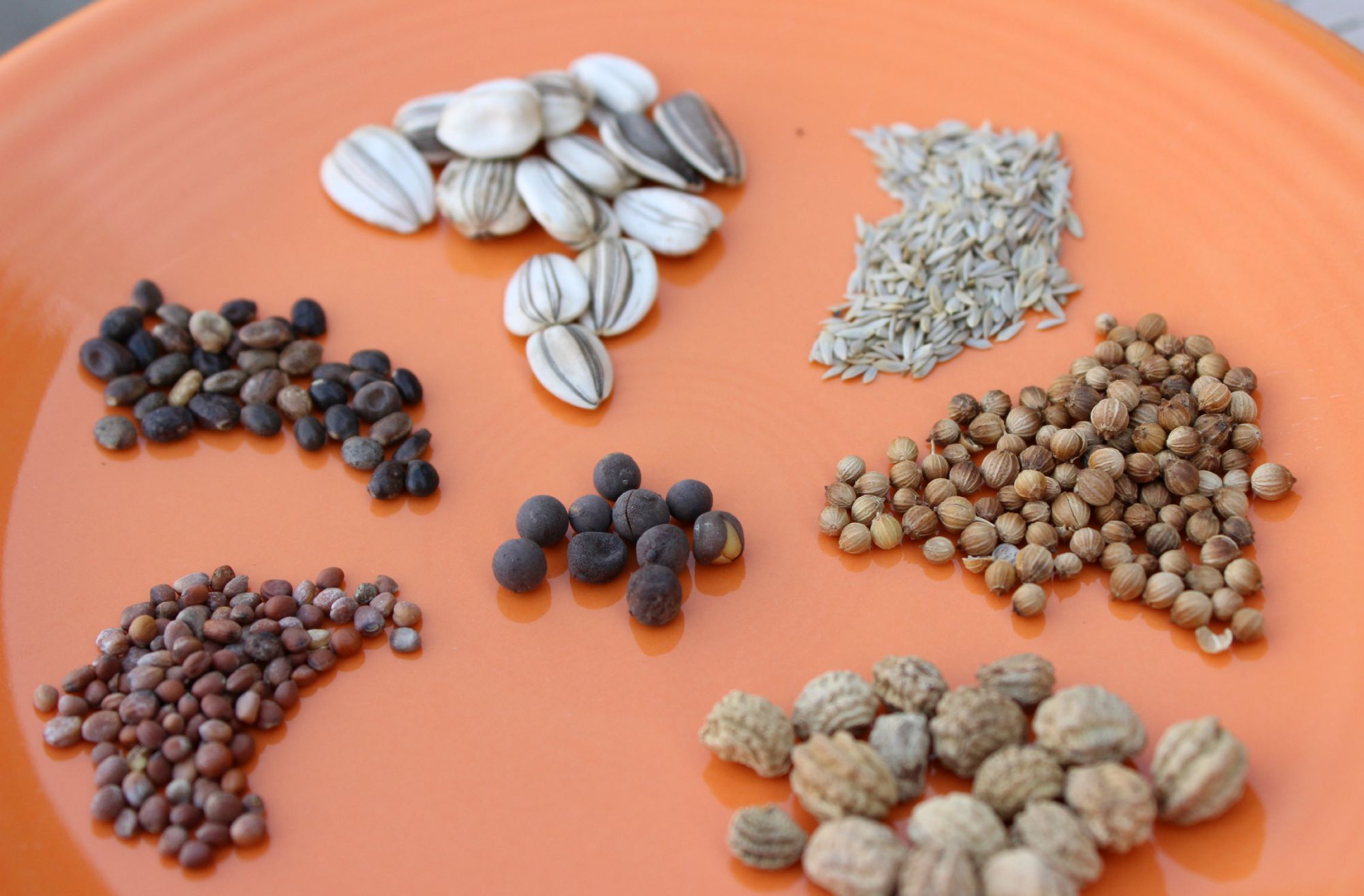

Garden Essentials
How Much Do Seeds Cost
Modified: March 16, 2024
Discover how much garden seeds cost and start planning your gardening adventure. Get insights on the prices of various seeds and find the perfect ones for your garden.
(Many of the links in this article redirect to a specific reviewed product. Your purchase of these products through affiliate links helps to generate commission for Storables.com, at no extra cost. Learn more)
Introduction
Welcome to the world of gardening! Whether you’re a seasoned green thumb or just starting out, one thing you’ll quickly realize is that seeds are the lifeblood of your garden. They hold the potential to grow into beautiful plants, providing us with fresh produce, vibrant flowers, and a connection to nature.
But have you ever wondered how much those tiny packets of seeds actually cost? The truth is, seed cost can vary widely depending on a variety of factors. From the type of seeds you choose to the quantity you need, there are several considerations to keep in mind.
In this article, we’ll explore the factors affecting seed cost, discuss the various types of seeds available, and delve into how seed pricing differs for home gardeners, commercial farmers, and those growing specialty crops. We’ll also provide tips on saving money when purchasing seeds and highlight some popular seed suppliers. So, let’s dive in and uncover the fascinating world of seed costs!
Key Takeaways:
- Seed cost varies based on type, quality, quantity, availability, and market demand. Home gardeners can save money through affordable varieties, seed saving, and swapping.
- Commercial farmers invest in bulk purchasing, hybrid seeds, and specialty crop seeds. Specialty crops require careful market assessment, while seed suppliers offer diverse options and pricing.
Read more: How Much Do GMO Seeds Cost
Factors Affecting Seed Cost
When it comes to the cost of seeds, there are several factors that come into play. Understanding these factors can help you make informed decisions when purchasing seeds for your garden. Here are a few key considerations:
- Seed Type: Different types of seeds, such as vegetable, flower, or herb, can vary in price. Generally, vegetable seeds tend to be more affordable, while rare or exotic flower seeds may be more expensive.
- Seed Quality: The quality of the seeds can greatly impact their cost. High-quality seeds are often more expensive due to the meticulous cultivation, processing, and testing they undergo to ensure germination rates and disease resistance.
- Seed Origin: The origin of the seeds, including whether they are heirloom, organic, or hybrid, can influence the cost. Heirloom and organic seeds are often pricier due to their perceived value and the specialized methods used in their production.
- Seed Quantity: The quantity of seeds you need will directly affect the cost. Larger packets or bulk purchases tend to offer better value per seed compared to smaller packets.
- Seed Availability: The availability of certain seeds can impact their cost. If a particular type of seed is in high demand or difficult to source, the price may increase accordingly.
- Market Demand: Market demand can also influence the cost of seeds. Seeds for popular plants or trendy varieties may see higher prices due to increased demand.
It’s important to consider these factors when budgeting for seeds. Assess your specific gardening needs and preferences to determine which factors are most important to you. This will help you prioritize and make informed decisions when purchasing seeds for your garden.
Common Types of Seeds
Seeds come in a wide variety of types, each serving a specific purpose in the garden. Here are some common types of seeds you’ll often come across:
- Vegetable Seeds: Vegetable seeds are a popular choice among home gardeners. They include a wide range of options, such as tomatoes, peppers, cucumbers, carrots, and lettuce. These seeds are typically affordable and easy to find.
- Flower Seeds: Flower seeds are a favorite for adding color and beauty to gardens. Common flower seeds include sunflowers, petunias, marigolds, zinnias, and pansies. Flower seeds can be found in various price ranges depending on the type and rarity.
- Herb Seeds: Herb seeds offer the opportunity to grow your own fresh herbs for culinary purposes. Popular herb seeds include basil, parsley, mint, rosemary, and thyme. Herb seeds are generally affordable and readily available.
- Fruit Seeds: Some fruits, like melons, citrus, and berries, can be grown from seeds. However, it’s important to note that these fruits often require more time, attention, and specialized growing conditions compared to vegetables and flowers.
- Grass Seeds: Grass seeds are used for establishing or repairing lawns. Different grass varieties have different requirements, such as sun or shade tolerance and drought resistance. Grass seeds can vary in price depending on the type and quality.
These are just a few examples of the common types of seeds available. Depending on your gardening goals, you may choose to focus on one or more of these seed types. Remember to consider factors such as climate, space availability, and your personal preferences when selecting seeds for your garden.
Seed Cost for Home Gardeners
For home gardeners, seed cost is an important consideration when planning their garden. Fortunately, there are affordable options available that make it easy for individuals to start their gardening journey without breaking the bank.
When it comes to seed cost for home gardeners, here are a few things to keep in mind:
- Affordable Seed Varieties: Many seed suppliers offer a wide range of affordable seed varieties specifically targeted towards home gardeners. These seeds are often competitively priced and come in smaller packet sizes, making them more accessible for individual gardeners.
- Seed Saving: Home gardeners also have the opportunity to save money by practicing seed saving. This involves collecting and storing seeds from plants in their own garden for future planting. Not only does seed saving help reduce costs, but it also allows gardeners to preserve heirloom varieties and maintain a self-sustaining garden.
- Seed Swapping: Another cost-effective approach is participating in seed swapping with fellow gardeners. Seed swaps are events or online platforms where gardeners exchange seeds they have collected, allowing for a diverse selection of seeds at little to no cost.
- Budgeting and Planning: By carefully budgeting and planning your garden, you can prioritize the seeds you wish to grow based on your available resources. This ensures that you can enjoy a fruitful garden while staying within your budget.
Overall, seed cost for home gardeners can be relatively affordable. With a little research and careful planning, you can find reasonably priced seeds that align with your gardening goals. Remember to consider the quantity you require, the type of seeds you prefer, and any additional costs like potting soil, fertilizers, or containers.
Now that we have explored seed cost for home gardeners, let’s move on to the next section to delve into seed costs for commercial farmers.
Seed Cost for Commercial Farmers
Commercial farmers have different considerations when it comes to seed cost compared to home gardeners. For farmers, seeds are a significant investment that directly impacts their crop production and profitability. Here’s an overview of seed cost for commercial farmers:
- Bulk Purchasing: Commercial farmers often buy seeds in bulk quantities to meet the demands of their large-scale operations. Buying in bulk can result in lower per-seed costs compared to purchasing smaller quantities.
- Hybrid Seeds: Hybrid seeds, which are created by cross-pollinating different plant varieties to achieve specific traits, are commonly used by commercial farmers. These seeds often come at a higher cost due to the extensive research and development involved in their production.
- Specialty Crop Seeds: Commercial farmers growing specialty crops, such as organic produce or unique varieties, may encounter higher seed costs. These specialized seeds are often pricier due to the additional care and requirements associated with their production.
- Seed Treatments: Commercial farmers may opt for seed treatments, such as fungicides or insecticides, to protect their crops from pests and diseases. These treatments can add to the overall seed cost but are seen as an investment in crop health and yield protection.
- Seed Certification: In some cases, commercial farmers may choose to purchase certified seeds. These seeds have undergone rigorous quality testing and verification, ensuring their purity and high germination rates. However, seed certification can contribute to increased costs.
It’s important for commercial farmers to carefully weigh the costs and benefits associated with seed purchases. Factors such as yield potential, crop value, market demand, and the specific needs of their operation all come into play when determining the budget for seeds.
Commercial farmers often work closely with seed suppliers and agricultural experts to select the most suitable and cost-effective seeds for their specific crops and growing conditions. These partnerships and industry connections can help farmers access quality seeds at competitive prices.
Now that we have explored seed cost for commercial farmers, let’s move on to the next section to discuss seed cost for specialty crops.
When buying seeds, consider the quantity and quality you need. Larger quantities may cost less per seed, but make sure to only buy what you can use before they expire. Also, look for reputable suppliers to ensure the quality of the seeds.
Read more: How Much Do Marijuana Seeds Cost
Seed Cost for Specialty Crops
Specialty crops refer to plants that are not commonly grown on a large scale and may have unique characteristics or purposes. Examples of specialty crops include heirloom tomatoes, gourmet mushrooms, microgreens, and medicinal herbs. When it comes to seed cost for specialty crops, there are a few factors to consider:
- Rarity and Demand: Specialty crops often have a limited market and niche demand. Because of their uniqueness and specific attributes, the seeds for these crops may be more expensive compared to mainstream varieties.
- Specialized Growing Requirements: Some specialty crops have specific growing requirements such as controlled environments, unique soil conditions, or extended growing seasons. These requirements may involve additional costs in terms of equipment, infrastructure, or specialized seed varieties.
- Seed Quality and Source: Seeds for specialty crops are often carefully selected for their specific characteristics and quality. Seed suppliers that specialize in these crops typically provide higher-quality seeds, reflecting the higher price point.
- Seed Quantity: The quantity of seeds needed for specialty crops is often lower compared to traditional crops, as they are usually grown in smaller quantities or confined spaces. However, the higher cost per seed can offset the lower quantity.
When considering specialty crops, it’s important to assess the potential market value and demand for the specific crop. Conducting thorough market research and assessing the profitability of growing specialty crops can help determine if the higher seed cost is justified.
Additionally, partnering with other growers or utilizing cooperative purchasing can help reduce costs by collectively sourcing specialty seeds in bulk or sharing resources.
Remember, the unique nature of specialty crops can provide opportunities for differentiation and higher returns, but it also requires careful planning and understanding of the market dynamics.
Now that we’ve explored seed cost for specialty crops, let’s move on to the next section to discuss seed suppliers and pricing.
Seed Suppliers and Pricing
When it comes to purchasing seeds, there are various options available for both home gardeners and commercial farmers. Here are some common seed suppliers and factors that can influence seed pricing:
- Local Nurseries and Garden Centers: Many local nurseries and garden centers offer a wide selection of seeds. Prices may vary depending on the supplier and the region, but they often provide convenience and the opportunity to browse and select seeds in person.
- Online Seed Companies: Online seed companies have become increasingly popular, offering a wide range of seeds and the convenience of shopping from home. These companies often provide detailed product descriptions, customer reviews, and competitive pricing. However, shipping costs and delivery times should be considered when ordering seeds online.
- Seed Exchanges and Swapping: Participating in seed exchanges and swapping events, both in-person and online, can provide the opportunity to acquire seeds at little to no cost. This community-driven approach allows gardeners and farmers to share their surplus seeds, promoting biodiversity and expanding seed diversity.
- Specialty Seed Suppliers: For unique or rare seeds, specialty seed suppliers may be the best option. These suppliers focus on specific types of seeds, such as heirloom or organic varieties, and provide a wide selection of specialized seeds. While these seeds can be more expensive, they offer distinct characteristics and flavors that appeal to specific gardening interests.
- Farmers’ Networks and Cooperatives: Joining local farmers’ networks or cooperatives can provide access to discounted seeds by leveraging collective purchasing power. By pooling resources and collaborating with other growers, farmers can benefit from bulk pricing and cost savings.
It’s important to research and compare prices from different seed suppliers. Factors influencing seed pricing include seed quality, packaging size, seed treatment, variety rarity, and supplier reputation. Reading customer reviews and seeking recommendations can help ensure you are purchasing from reputable suppliers that offer quality seeds.
Remember to consider not only the upfront cost of seeds but also the long-term benefits and potential yield of the plants they will grow into. Investing in high-quality seeds from reliable suppliers can result in healthier, more productive crops.
Now that we’ve discussed seed suppliers and pricing, let’s move on to the next section to explore some tips for saving money on seeds.
Tips for Saving Money on Seeds
While seeds are a necessary investment for any gardener or farmer, there are several ways to save money without compromising on the quality of your plants. Here are some tips to help you save money on seeds:
- Seed Saving: One of the most cost-effective methods is to save and collect seeds from your own plants. By learning how to properly harvest, dry, and store seeds, you can create a self-sustaining seed stock for future planting.
- Seed Swapping: Participate in seed swaps or join gardening communities where gardeners exchange seeds with one another. This allows you to diversify your seeds at little to no cost.
- Budget and Plan: Set a budget for your gardening expenses, including the cost of seeds. Plan your garden in advance to ensure you only purchase the seeds you need and avoid impulsive buying.
- Buy in Bulk: Purchasing seeds in larger quantities or bulk can often result in lower per-seed costs. Consider joining forces with other gardeners or farmers to collectively purchase seeds and benefit from bulk pricing.
- Shop Sales and Discounts: Keep an eye out for seed sales, discounts, and seasonal promotions. Many seed suppliers offer discounts during specific times of the year, allowing you to save while still getting high-quality seeds.
- Focus on High-Yield Varieties: Choose seed varieties known for their high yield or productivity. This way, you can maximize your crop output without needing to buy excessive amounts of seeds.
- Seed Variety Selection: Prioritize versatile seed varieties that can be used for multiple purposes. For example, select tomato varieties that are suitable for both fresh consumption and canning, rather than purchasing separate seeds for each purpose.
- Consider Local and Indigenous Seeds: Look for locally adapted or indigenous seed varieties that are well-suited to your growing region. These seeds tend to be more resilient and have a higher chance of success, reducing the need for additional inputs.
By employing these money-saving strategies, you can enjoy a bountiful garden or farm without stretching your budget. Remember, investing in quality seeds and proper plant care practices will ultimately result in more successful and productive crops.
As we conclude our exploration of ways to save money on seeds, let’s summarize the key points discussed in this article.
Conclusion
Seeds are the foundation of every garden and farm, holding the potential for flourishing plants and a fruitful harvest. Understanding the factors that influence seed cost and exploring various options can help both home gardeners and commercial farmers make informed decisions when purchasing seeds.
For home gardeners, there are affordable seed varieties available, and practices such as seed saving and swapping can help reduce costs. Careful planning and budgeting ensure that you can create a beautiful garden while staying within your financial means.
Commercial farmers have larger-scale operations and different considerations when it comes to seed cost. Bulk purchasing, selecting hybrid seeds, and considering the unique requirements of specialty crops are key factors for them to consider.
Seed suppliers play a crucial role, offering a range of options from local nurseries and online companies to specialty seed suppliers and cooperative networks. Researching prices and considering factors like seed quality and reputation will help in making the right choices.
To save money on seeds, consider practices like seed saving, swapping, buying in bulk, shopping for sales, and selecting high-yield varieties. These strategies allow you to maximize value and cultivate a thriving garden or farm.
Remember, the cost of seeds is an investment in the potential of your plants. By choosing quality seeds and prioritizing your gardening goals, you can create a beautiful and productive space without overspending.
So, whether you’re a home gardener delighting in the joy of growing your own food or a commercial farmer working to feed the world, the cost of seeds should be carefully considered. By understanding the factors that affect seed cost and implementing money-saving tips, you can embark on a successful and fulfilling gardening journey.
Frequently Asked Questions about How Much Do Seeds Cost
Was this page helpful?
At Storables.com, we guarantee accurate and reliable information. Our content, validated by Expert Board Contributors, is crafted following stringent Editorial Policies. We're committed to providing you with well-researched, expert-backed insights for all your informational needs.
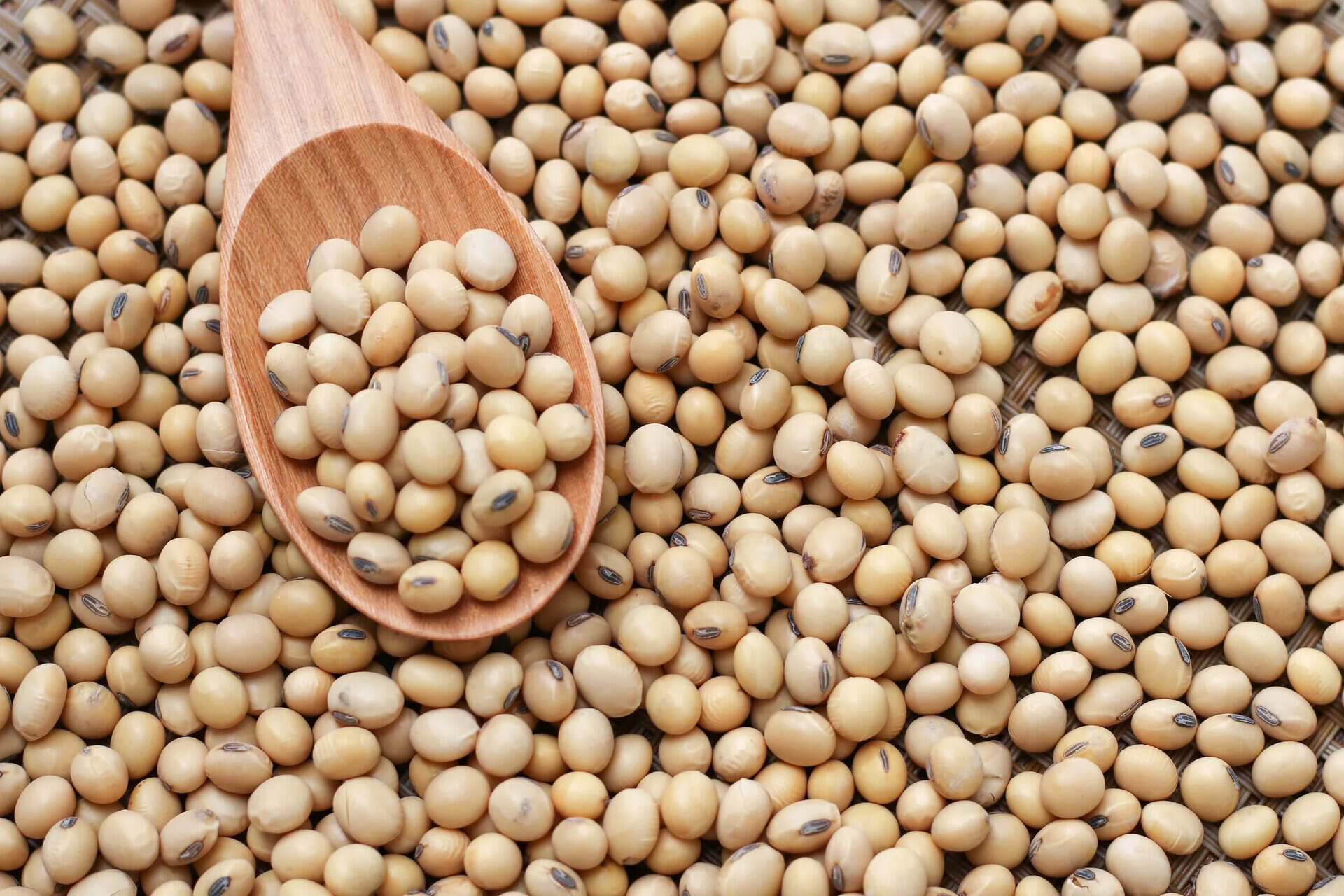
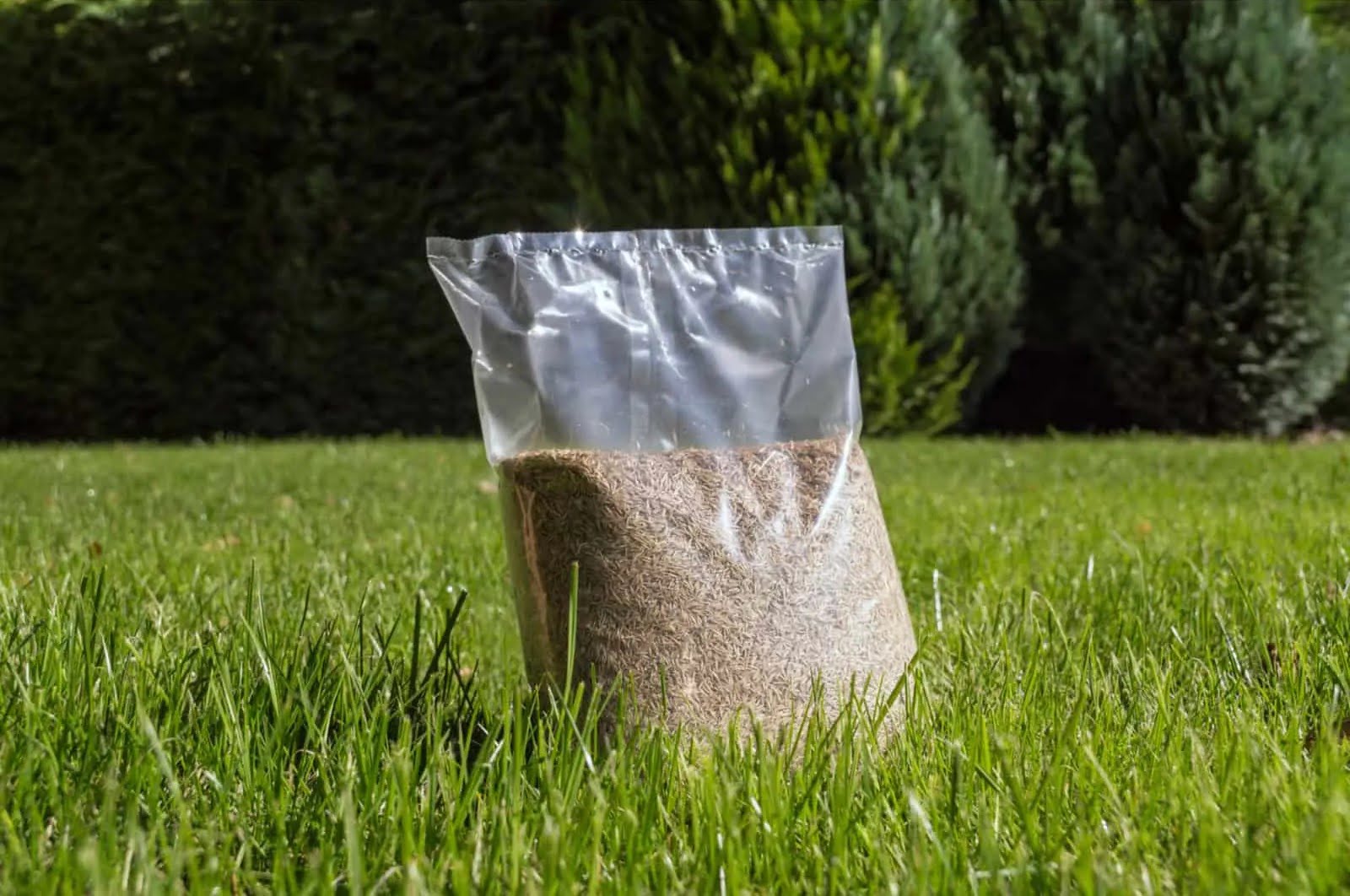

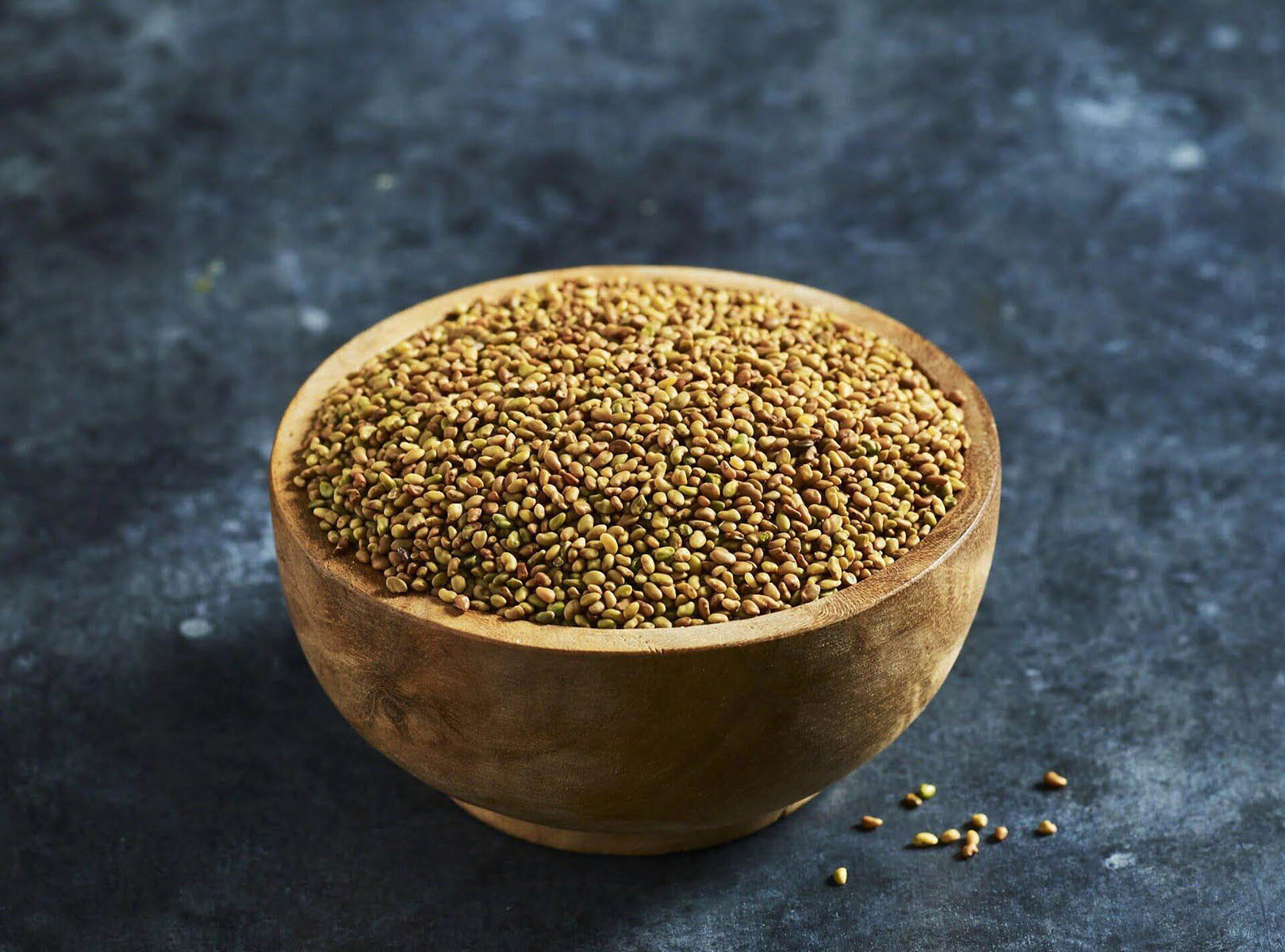
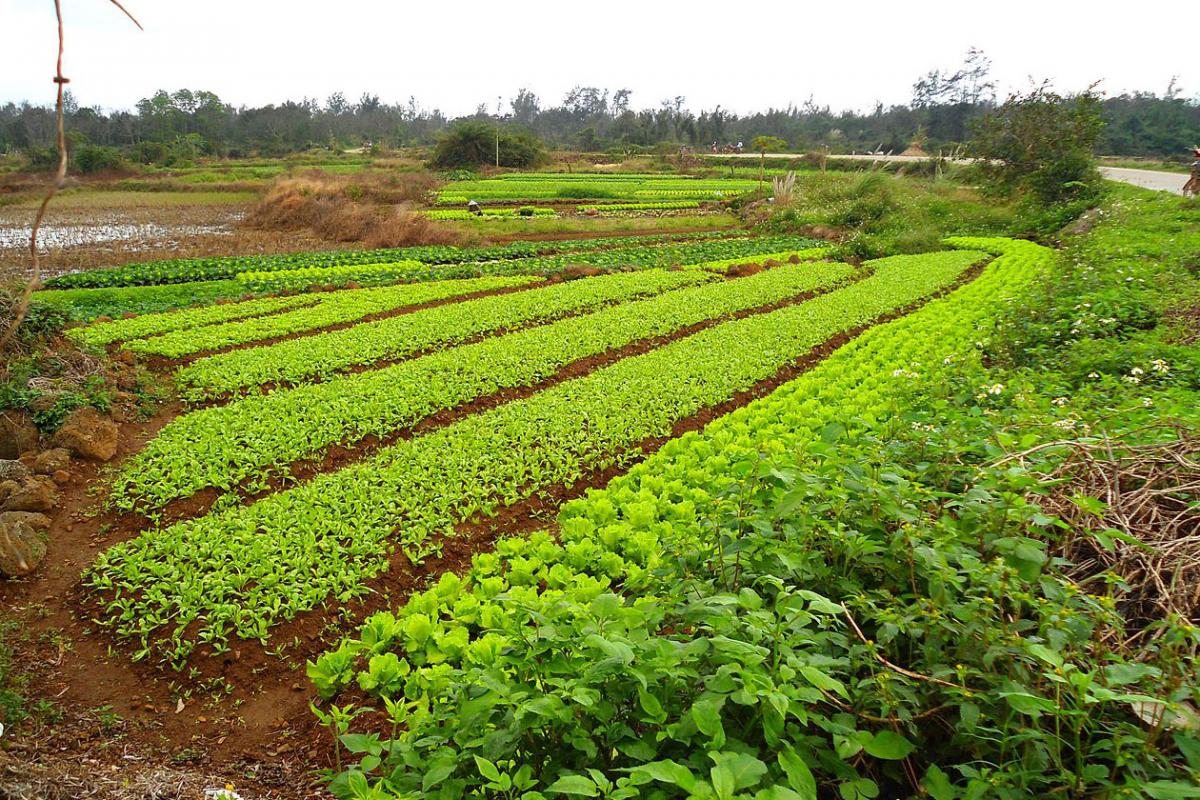
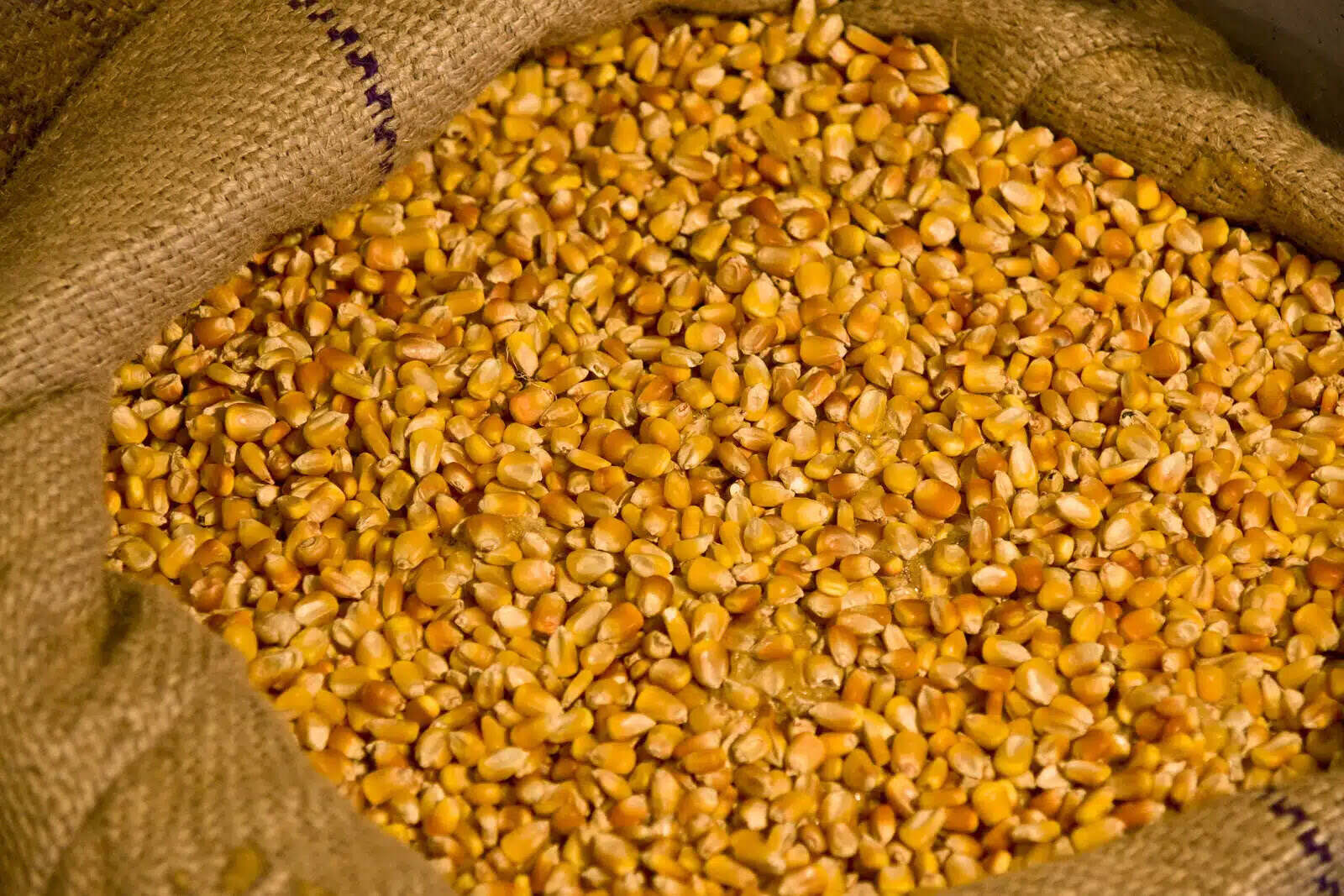


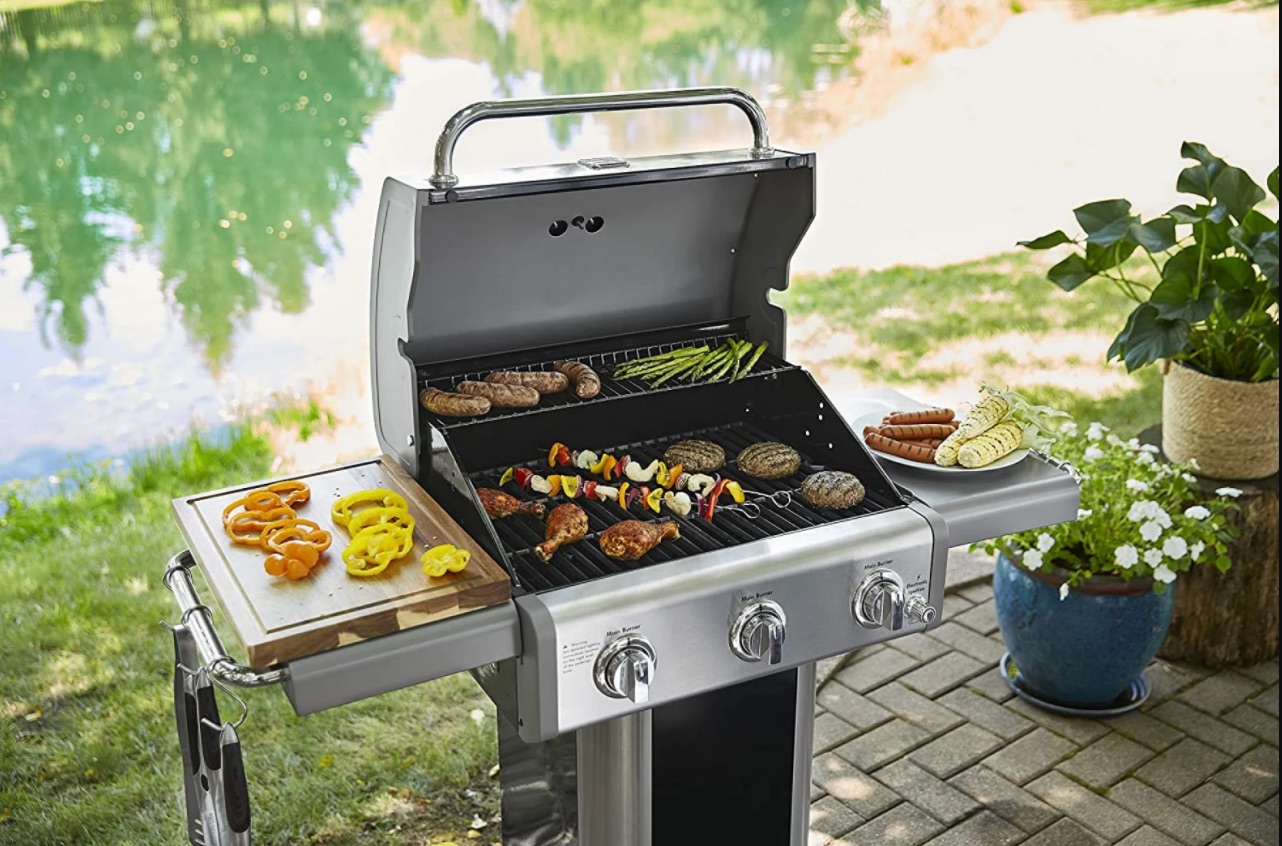


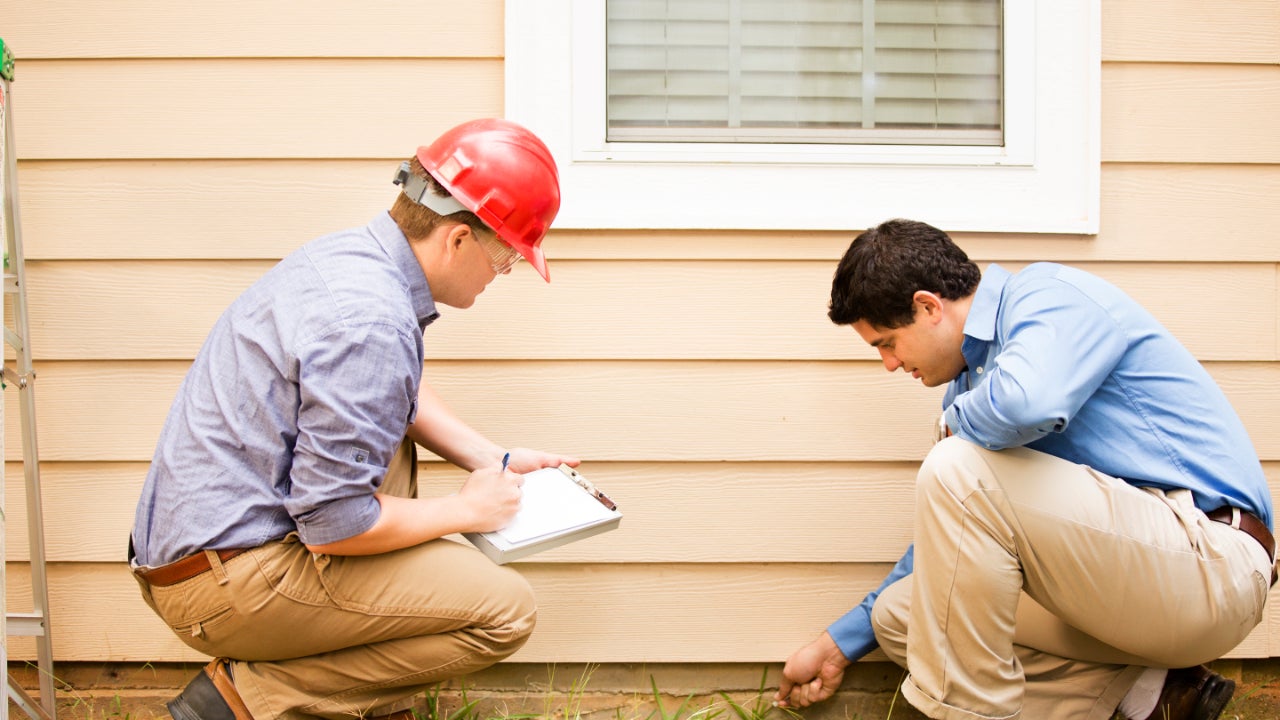



0 thoughts on “How Much Do Seeds Cost”